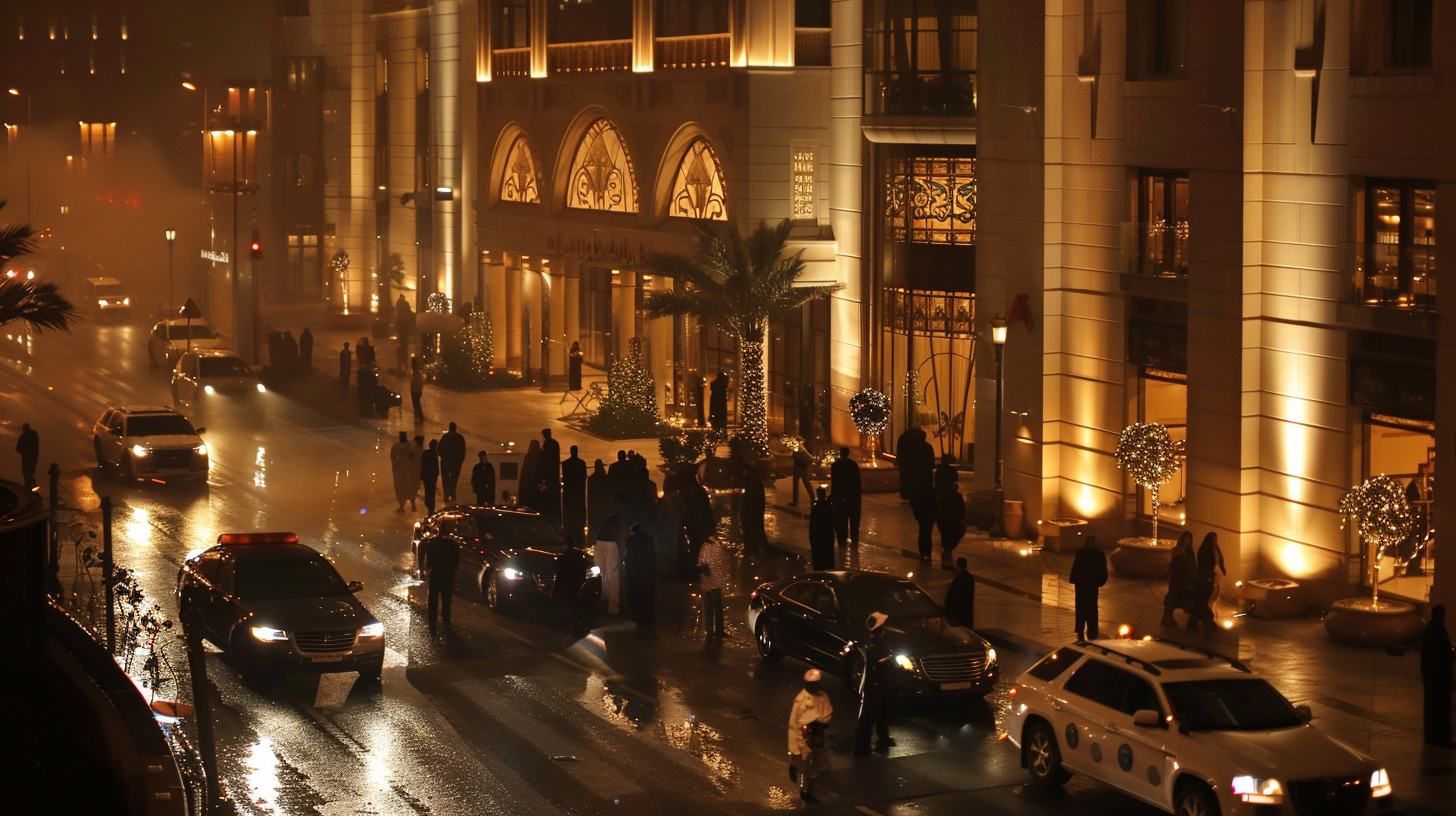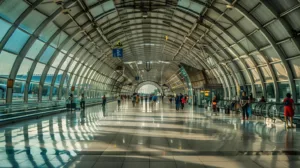Deadly Explosions Rock Jakarta Hotels, Killing Six
JAKARTA, INDONESIA – In a devastating turn of events, the Indonesian capital was rocked by two separate explosions at the JW Marriott and the Ritz-Carlton hotels, leaving at least six people dead and 36 injured. The blasts, which struck the heart of Jakarta’s central business district, appeared to be coordinated, occurring almost simultaneously in these western-owned luxury establishments.
South Jakarta Police Chief Firman Santyabudi confirmed the incidents, stating, “Explosions were heard from two separate places, one at the JW Marriott, the other at the Ritz-Carlton. We are currently assisting the victims and conducting further checks.”
Among the injured were 11 foreigners, including a New Zealander, highlighting the international impact of this tragedy. Hospitals in the vicinity are overwhelmed, with one emergency room reporting the treatment of 15 individuals shortly after the explosions.
The force of the blasts shattered windows and caused significant facade damage to the Ritz Hotel, scattering debris across the streets and sparking widespread panic. Witnesses reported seeing a mix of Indonesians and foreigners being rushed to safety, with local television capturing the immediate aftermath.
Myra Junor, an eyewitness from a nearby office, described the scene: “Some windows of the Ritz-Carlton building have been shattered, mostly on the lower section. I’m looking at it from my office.” Another bystander, who was jogging past the hotels at the time, recounted hearing a loud explosion at the Marriott, followed by a second bomb at the Ritz just five minutes later.
In a statement that underscores the severity of the situation, a Ritz-Carlton employee revealed that the Manchester United soccer team was scheduled to stay at the hotel for an upcoming exhibition game in Indonesia.
This incident marks a significant breach of peace in Indonesia, which has not seen major bomb blasts for several years. The country recently celebrated a peaceful presidential election, making the timing of these attacks even more jarring.
The Marriott hotel is no stranger to such violence, having been the target of a car bomb attack in 2003 that claimed 12 lives. That attack was attributed to the Southeast Asian terror network Jemaah Islamiyah, part of a wave of Islamist militant activity that included the deadly bombings in Bali in 2002, which resulted in 202 fatalities.
As Jakarta reels from this tragedy, the international community watches closely, reminded of the persistent threat of terrorism in even the most secure of locations.
Thoughts
AFP has now confirmed the death toll has risen to seven in the recent bombings. The coordinated nature of these attacks indicates they were executed by a highly organized entity. Jemaah Islamiyah (JI), which has been relatively dormant for a while, is now under scrutiny. Should JI be responsible, there is a renewed concern for potential further attacks not only within Indonesia but also across the broader region.
Previously, Indonesia was heralded by some analysts as a beacon of success in the global fight against terrorism. This was largely attributed to robust counter-terrorism measures, including the efforts of the anti-terror unit Delta 88, a collaborative endeavor between the United States and Indonesia. This unit was a pivotal factor in the absence of terrorist bombings since 2003.
However, in light of these recent bombings, it is evident that Indonesia’s counter-terrorism landscape requires a thorough reassessment. The implications of these attacks challenge the previously held perception of Indonesia’s success in combating terrorism, underscoring the need for a reevaluation of strategies and preparedness against such threats.




